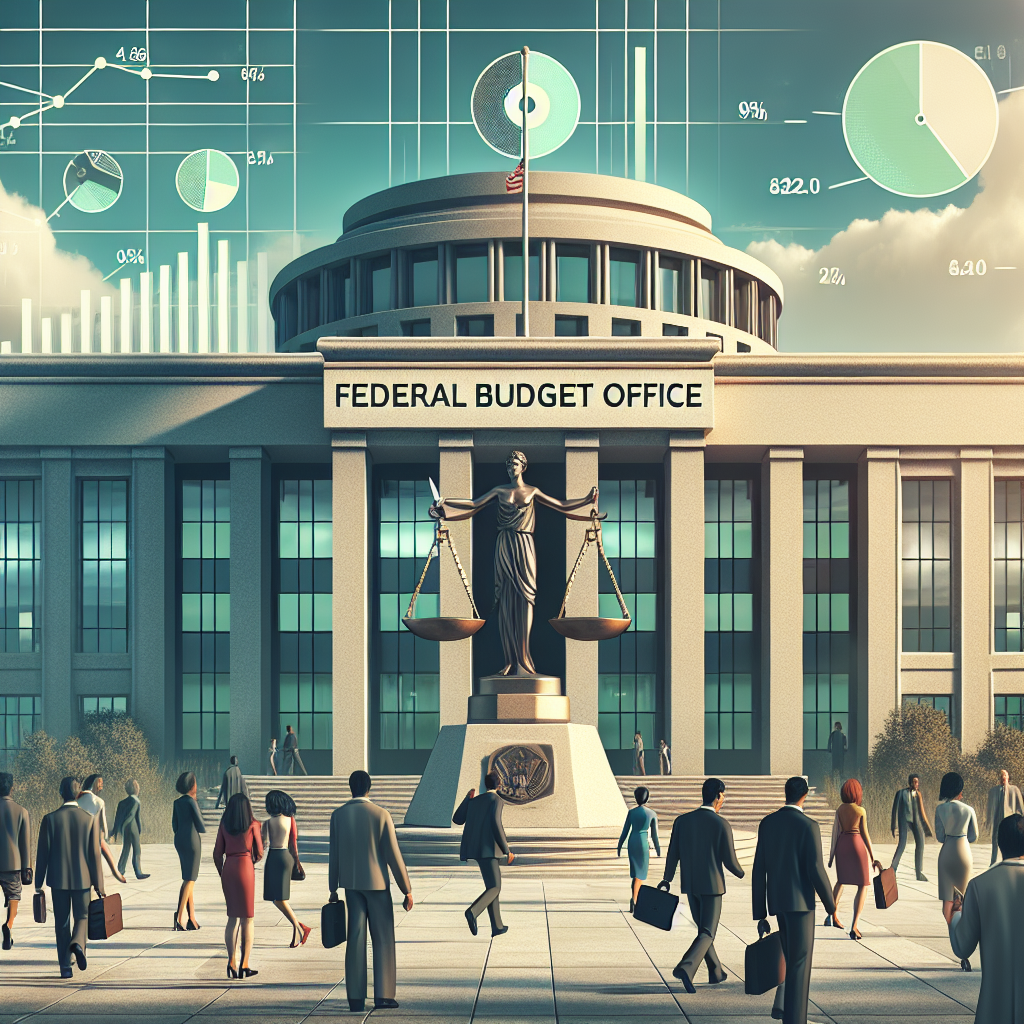U.S. Tax Reform Faces $2.8 Trillion Deficit Challenge
The U.S. Congressional Budget Office reported that President Trump's tax-cut and spending bill might increase the deficit by $2.8 trillion over a decade. Despite minor GDP growth, the bill could significantly raise interest rates and debt. Senate revisions face opposition, complicating the bill's passage.

The U.S. Congressional Budget Office (CBO) has released projections indicating that President Donald Trump's ambitious tax-cut and spending bill could swell the nation's deficit by $2.8 trillion over the next ten years. This comes in spite of predictions for economic growth spurred by the legislation.
According to the CBO's analysis, the bill, which passed the House and awaits Senate consideration, would boost the real GDP by an average of 0.5% over the decade. However, this growth yields an $85 billion deficit reduction offset by rising interest payments, which might increase federal debt costs by $441 billion.
The Senate's version of the bill causes contention within the Republican-controlled Congress, with some advocating for deeper cuts and others seeking to protect social safety nets. These divisions threaten to derail the timeline for passing this central piece of Trump's domestic agenda.
(With inputs from agencies.)
ALSO READ
Senate Struggles: GOP Tax Overhaul Faces Hurdles
Senate GOP's Last-Ditch Effort on Trump's Tax Plan Meets Fierce Resistance
Trump's tax and spending cuts bill clears key test vote in Senate as Republicans race to get measure to president's desk, reports AP.
Senate Republicans Advance Contentious Trump Tax Package
U.S. Senate Advances Trump's Ambitious Tax-Cut Megabill










